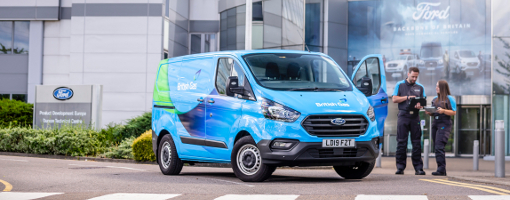Out of 101 major extractive, agricultural and clothing or footwear companies ranked by the 2018 Corporate Human Rights Benchmark (CHRB) 40 are failing to demonstrate respect for human rights on paper or in practice.
The figures come from research by CHRB that measures how companies perform across 100 indicators based on the UN Guiding Principles on Human Rights using publicly available information on issues such as forced labour, protecting human rights activists and the living wage.
The research points to big brand companies such as Adidas and Rio Tinto and demonstrating commitment and using good practice, but conversely Prada, Starbucks and Kraft Heinz sit amongst the companies scoring poorly.
Companies at the top end of the rankings demonstrated that identifying and managing risks is a key part of their core business. They scored particularly well on transparency of human rights policies and practices. Meanwhile companies at the bottom of the ranking failed to show any engagement with human rights concerns. This should raise urgent questions for investors and consumers as to whether these companies are serious about avoiding harm to people in their pursuit of profits.
CHRB is calling on companies to improve their performance on human rights, and to use the scoring system to understand where such improvements can be made. It is also calling on investors to challenge poorly performing companies and to use their leverage to drive improvements. Aviva, APG and Nordea, who manage over a trillion dollars between them, have all confirmed that the 2018 benchmark will be used to inform their investment decisions.
“This ranking should serve as a wake-up call for businesses everywhere. Too many are still not doing enough to respect the rights of those involved in or impacted by their operations, despite increasing investor scrutiny and the negative impact it has on a company’s long-term performance and prospects. While some businesses are showing the way forward, the overall picture is deeply concerning,” said Steve Waygood, Chief Responsible Investment Officer, Aviva Investors.
Latest News
-
Investment firm hands £650,000 to charities supporting young people
-
East Midlands Railway links with charity to improve travel for autistic people
-
Hotel chain to support carers' mental health
-
Sainsbury’s and charity think tank link up to better understand food insecurity
-
Access Group raises £1.55m for nine charities across the world in a year
-
PureGym raises over £100,000 for heart health charities
© 2019 Perspective Publishing Privacy & Cookies









Recent Stories